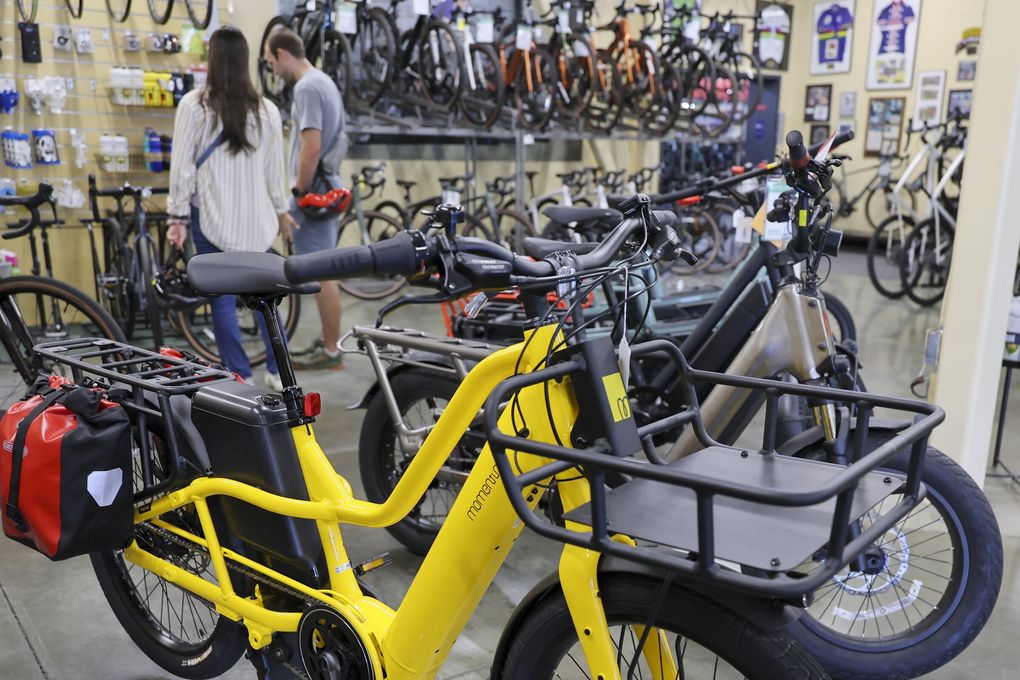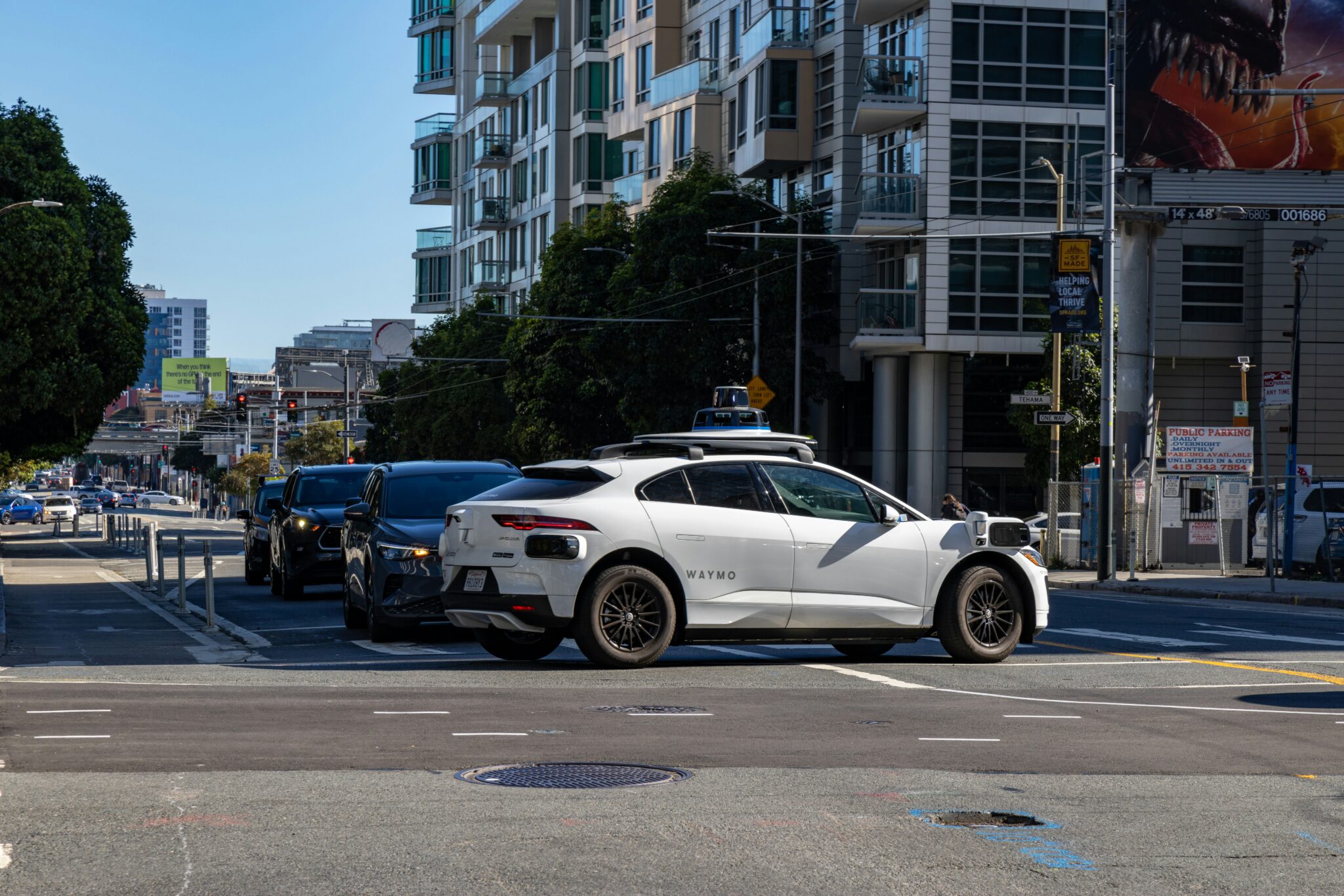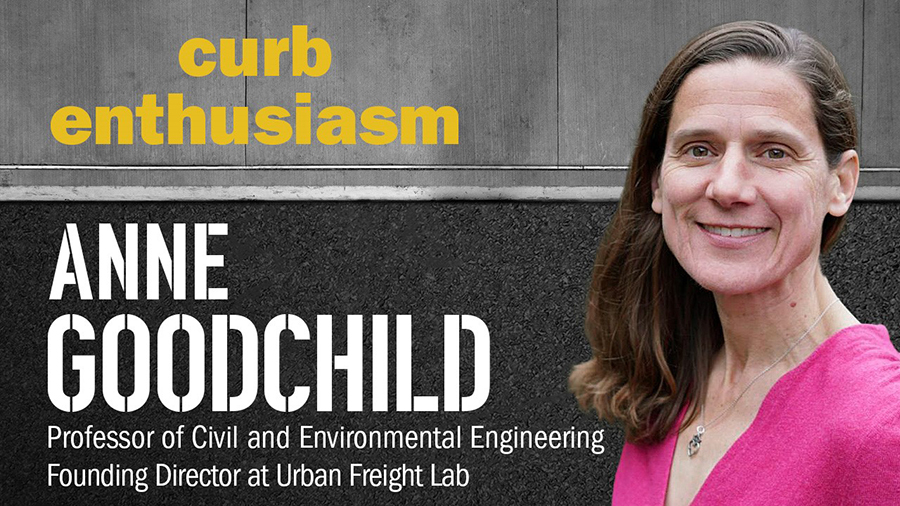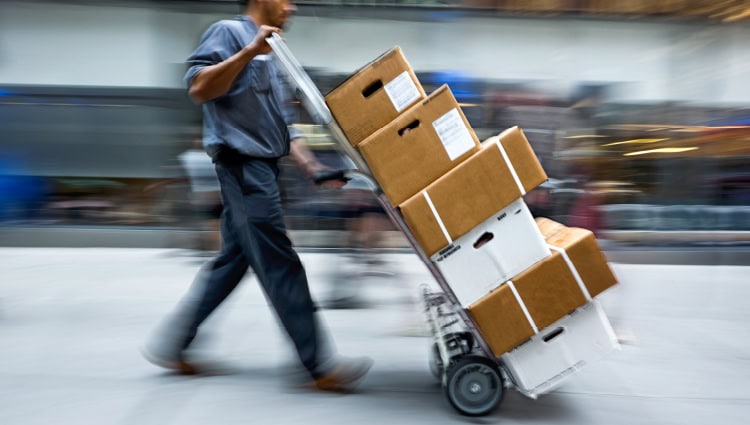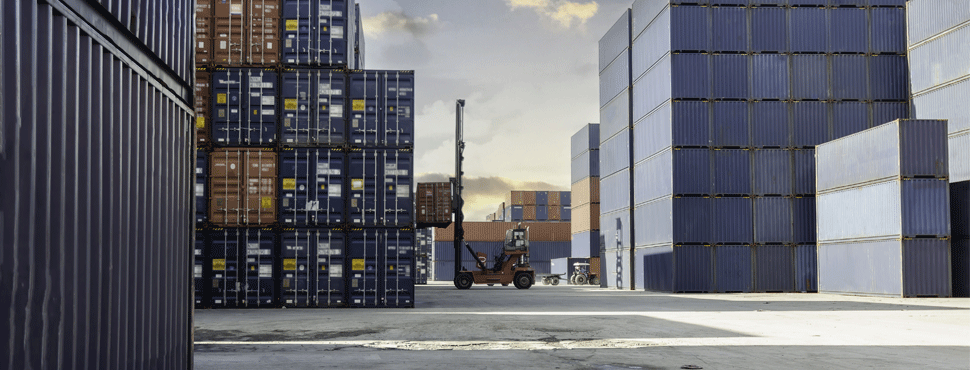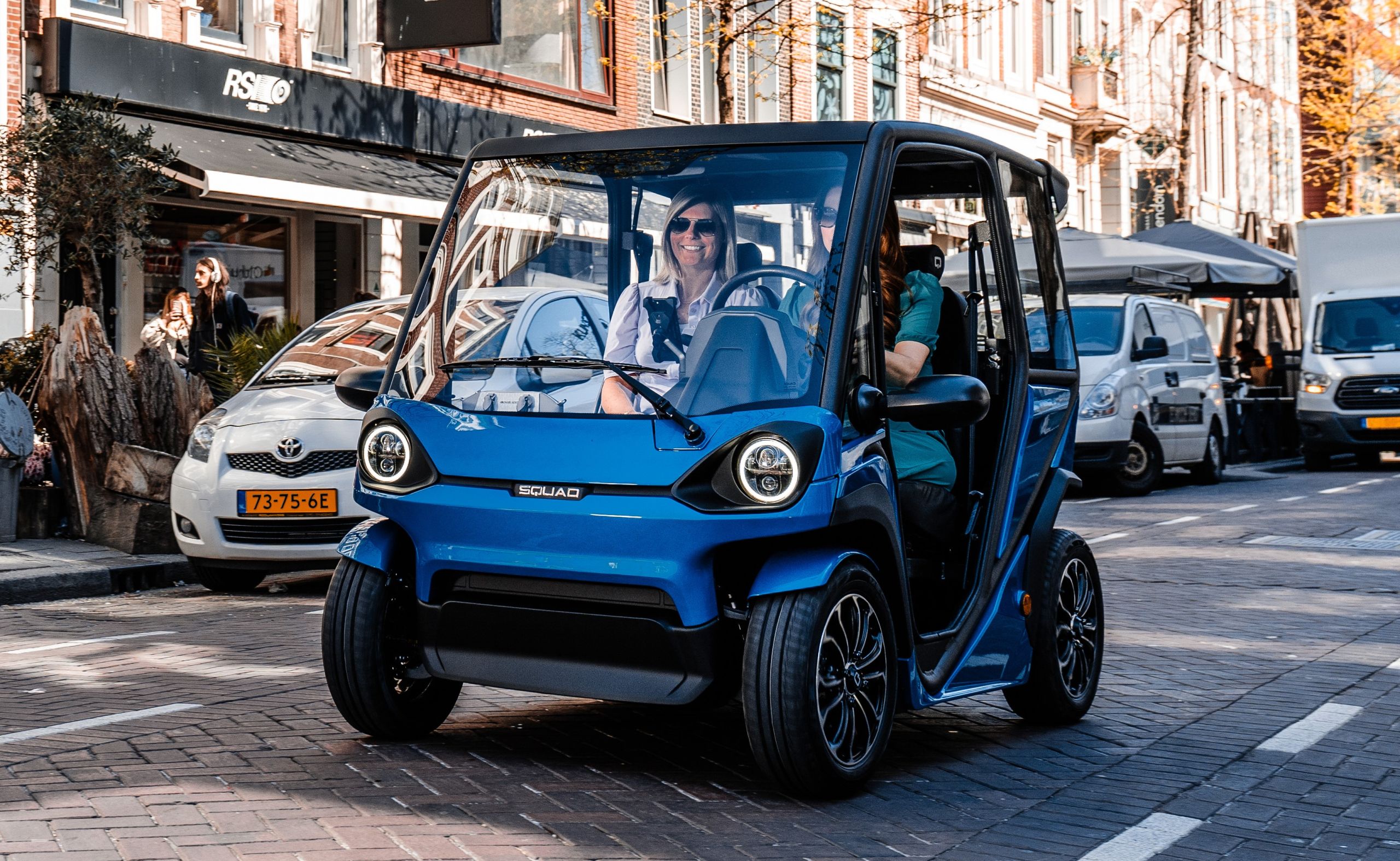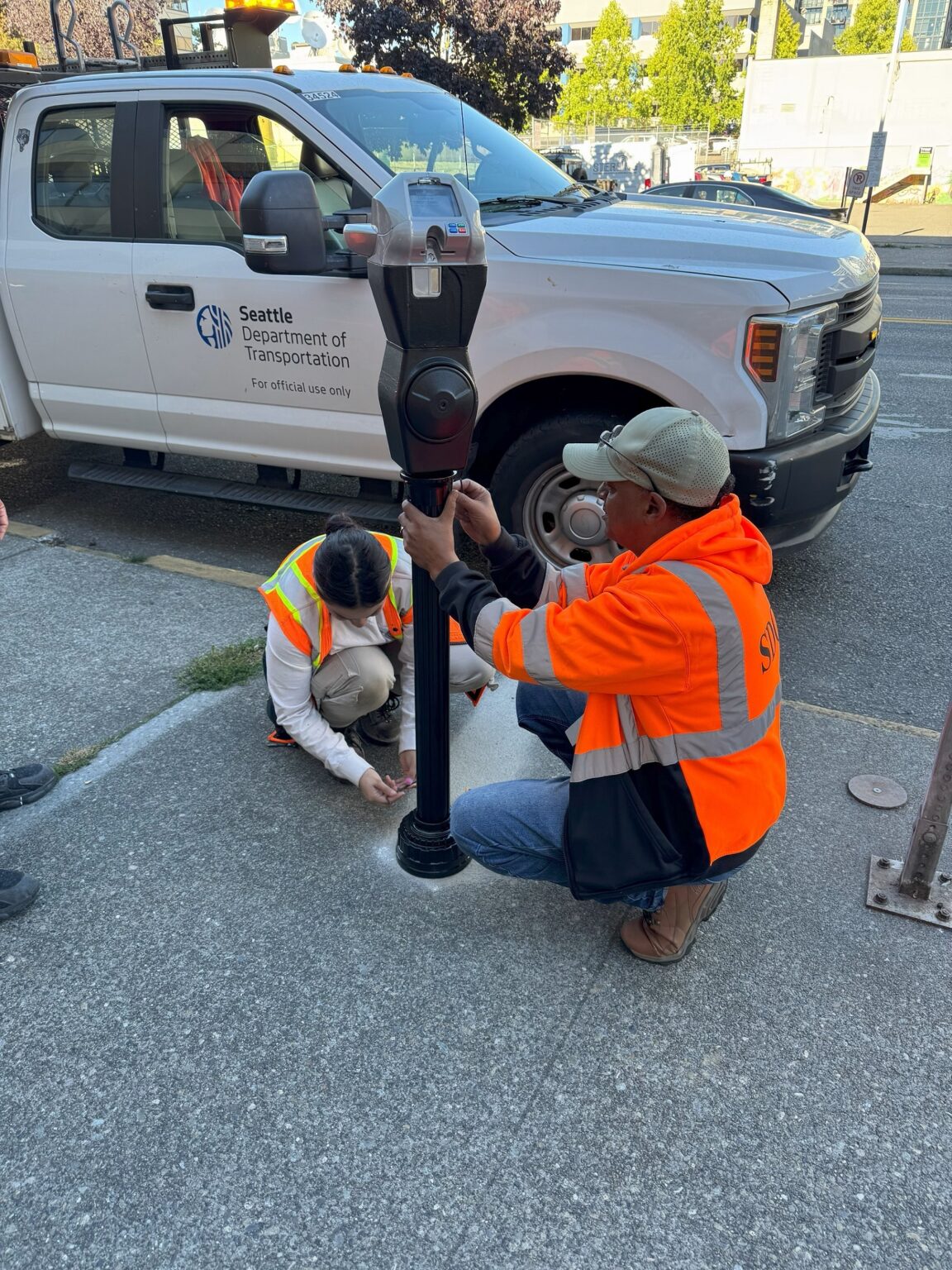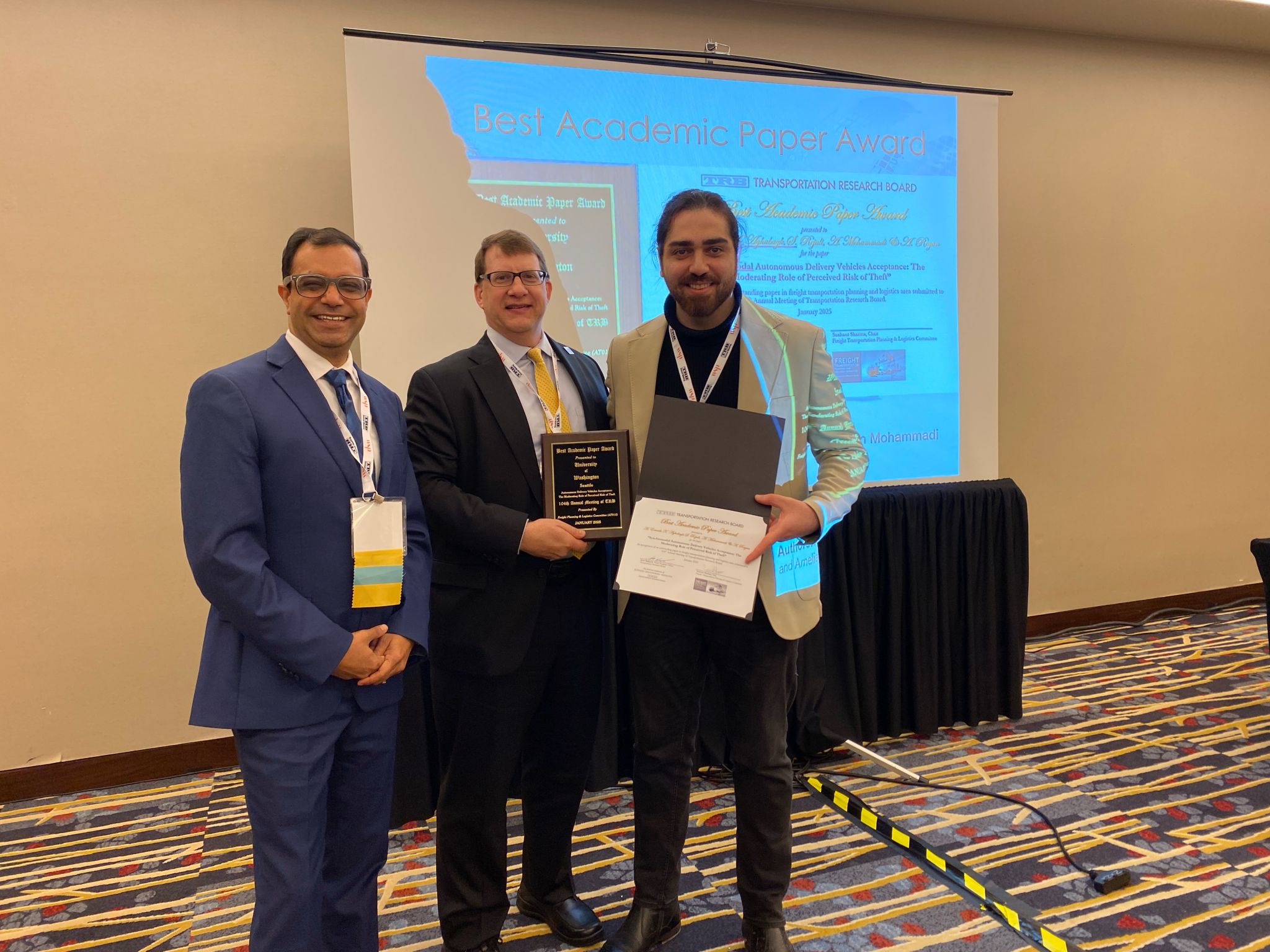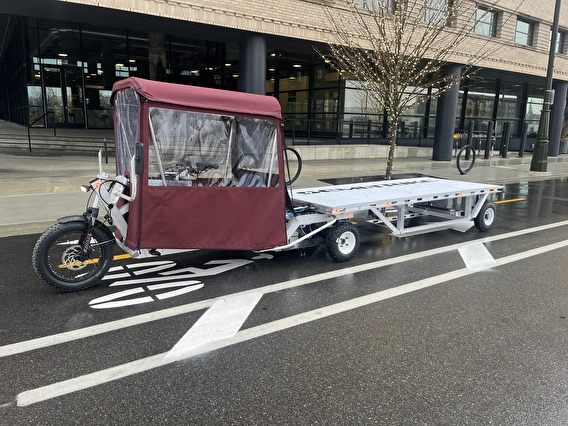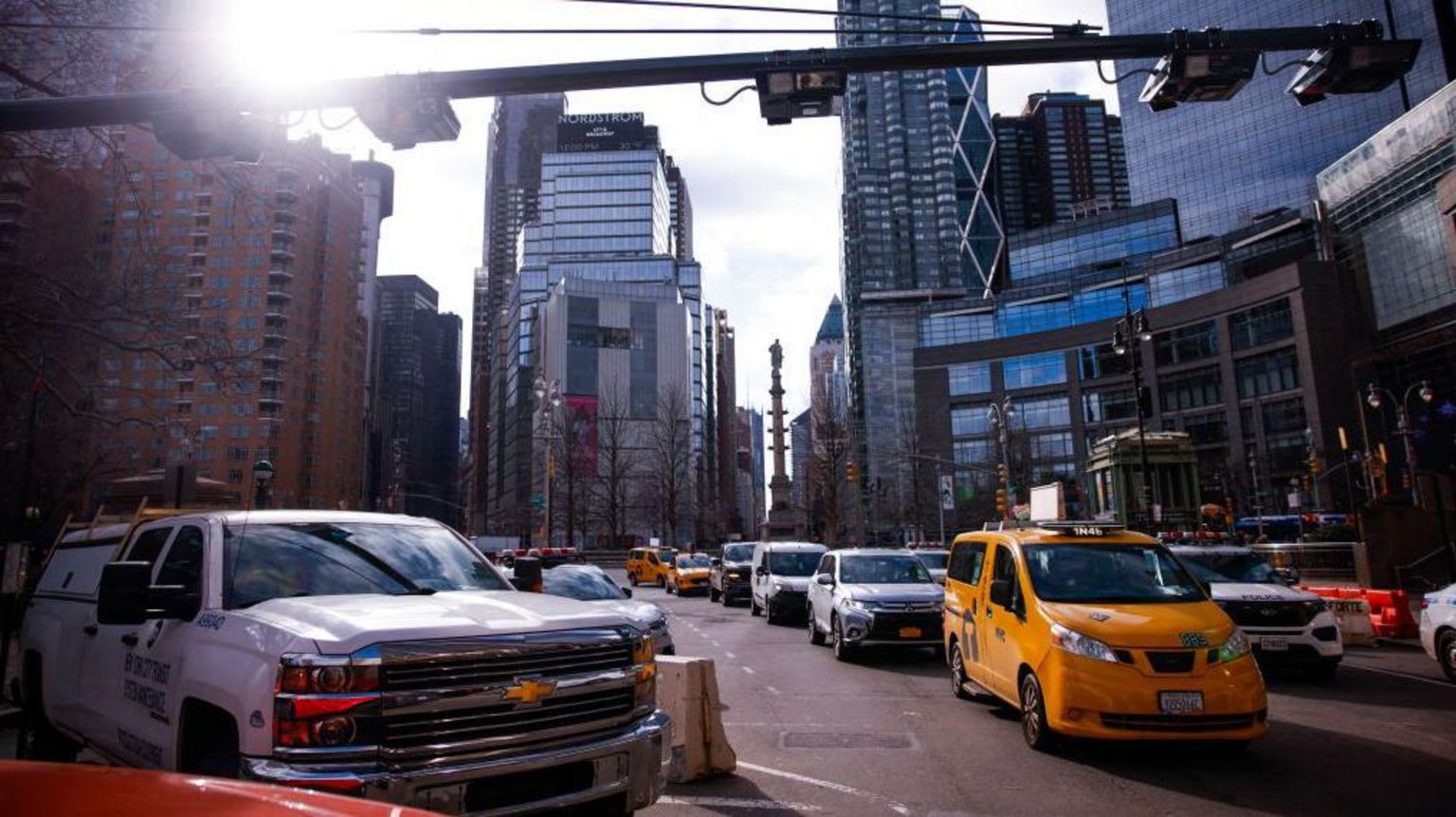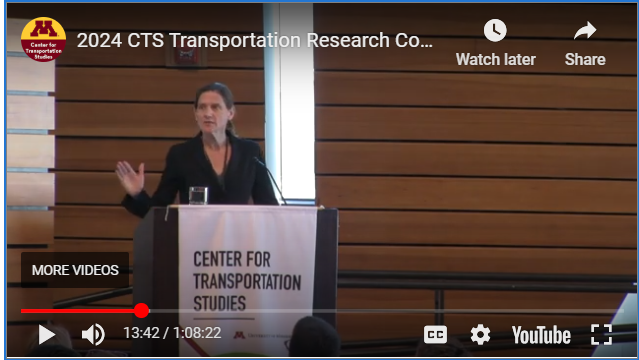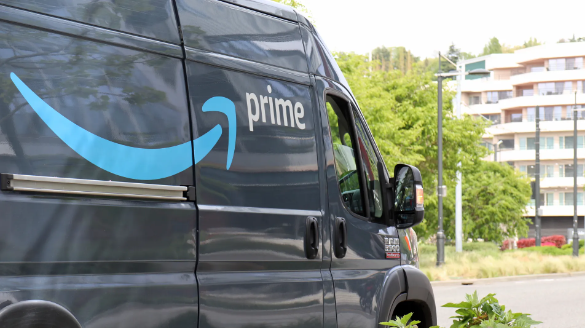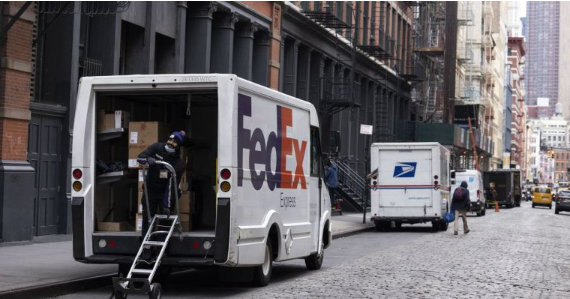In the Media
E-cargo bikes are making last-mile delivery in Seattle faster and greener —and our Urban Freight Lab Research Scientist Giacomo Dalla Chiara is using real-world data to understand how they perform in a city designed for cars.
Seattle may be a global tech hub, but when it comes to driverless taxis, we lag behind peers like San Francisco and Phoenix. One key reason, our Kelly Rula tells GeekWire, is that Washington lacks a clear regulatory framework for autonomous vehicles, making companies hesitant to invest in testing and scaling here.
Dr. Anne Goodchild joins the NYC DOT Curb Enthusiasm podcast for a conversation centered on freight systems, the rise of ecommerce, and the role of government in freight policy.
“Urban areas are challenging for logistics because companies are trying to operate in an efficient, cost-effective, competitive business manner in an area that’s filled with other people with other demands,” says Anne Goodchild, founding director of the Urban Freight Lab.
Meet Sarah Dennis, NCST’s 2024 Outstanding Student of the Year!
In “The State of Sustainable Urban Last-Mile Freight Planning in the United States” (Journal of the American Planning Association, Vol. 91, No. 1) Thomas Maxner, Giacomo Dalla Chiara, and Anne Goodchild identified ways cities are planning to reduce emissions from last-mile goods movement.
What’s the big deal with little vehicles? Small, light urban vehicles (LUVs) are proliferating in cities, towns and villages in the U.S., and starting to cause some tension. LUVs include a range of vehicle types that are smaller than a conventional car, but larger than a bicycle. They are cheap, clean, and convenient for both goods delivery and everyday person travel. So what’s the issue? Read on to learn about these vehicles and how and why public officials and private…
Curb space is a precious resource in a city the size and scale of Seattle. With our many residents, businesses of all sizes, and the nonstop movement of people and goods, proactively managing our limited loading zones and curb space is essential.
Congratulations to Urban Freight Lab Research Assistant Arsalan Esmaili for receiving the prestigious Best Academic Paper Award (Freight Planning and Logistics) at the Transportation Research Board Annual Meeting last month in Washington, D.C.
The Urban Freight Lab is partnering with Shared-Use Mobility Center and Cityfi on a Joint Office of Energy and Transportation Communities Taking Charge Accelerator project developing model policies, codes, and designs for light urban vehicles (LUVs) — including e-cargo bikes, e-tuktuks, microtrucks, and low-speed electric vehicles — to help cities adopt clean transportation solutions and expand zero-emission infrastructure.
Urban Freight Lab researcher Travis Fried delivered a presentation at University of Minnesota Center for Transportation Studies Transportation Research Conference highlighting how ecommerce traffic disproportionately affects low-income communities, contributing to concerns around air quality, health, and road safety. Travis’s research at the Urban Freight Lab is driving important conversations about the broader impacts of urban freight systems and a comprehensive approach to planning that considers not just efficiency but community well-being and environmental and social justice as well. More to come as we continue exploring solutions that support healthy, equitable, and resilient communities.
Congestion pricing has officially launched in New York City and the logistics industry is feeling the impact, but there are strategies businesses and customers can adopt to mitigate driving and delivery costs, such as optimizing packaging efficiency, remapping routes, expanding cargo bike programs, or, as Urban Freight Lab Director Kelly Rula suggests, shifting deliveries to late-night and early-morning hours when tolls are less expensive.
Our founding director Anne Goodchild delivered the keynote address at Center for Transportation Studies, University of Minnesota’s Transportation Research Conference, sharing insights from her two-decade career leading urban freight research.
Seattle is seeing a rise in deliveries that’s reshaping urban life, with neighborhoods like SODO, South Lake Union, and Belltown experiencing some of the highest activity.
New York City Department of Transportation (NYC DOT) has received a $5.6 million grant from the U.S. Department of Transportation’s Rebuilding American Infrastructure with Sustainability and Equity program to create an Urban Freight Mobility Collaborative, an innovation hub designed to revolutionize urban freight movement and reduce emissions.
